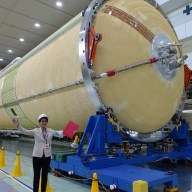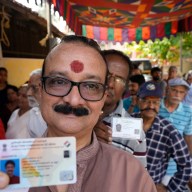By Vincenzo Damiani
BARI, Italy (Reuters) – Two officials in charge of railway stations in southern Italy where a train crash killed 23 people have been placed under investigation as magistrates seek to determine the cause of the collision, a judicial source said. Two trains traveling in opposite directions on a single-track line in rural Puglia on Tuesday ploughed into each other at high speed. In addition to the fatalities, dozens of people were injured, in one of Italy’s worst rail disasters. The line has no high-tech signaling, so station masters have to notify each other by telephone if a train is on its way.
Magistrates and police are trying to reconstruct what happened and identify any people responsible. They are also looking into why plans to build a second track, for which the European Union had pledged funding, were never followed through. The men in charge of the stations at the towns of Corato and Andria, between which the accident happened, have been placed under investigation on suspicion of causing a rail disaster and multiple manslaughter, the source said. Being put under investigation does not imply guilt and does not necessarily lead to charges.
A third person has also been named in the probe but the source did not disclose their identity.
Vito Piccarreta, manager of the Andria station, was quoted in Italian newspapers on Thursday as saying he had played a role in the disaster but was not the only person responsible.
“I let that train go, it was me that gave the signal,” La Stampa quoted Piccarreta as saying.
The station master said that on the day of the crash: “There was confusion, the trains were delayed.”
One investigator quoted by La Repubblica newspaper said the line’s outdated technology had become more dangerous as more trains were added in recent years, and there was pressure to avoid delays. Prosecutor Francesco Giannella said human error was only a part of the story, and told La Stampa:
“We will absolutely not stop at the obvious elements, at simple solutions. We will look for all the people responsible, including those who are responsible in different ways.”
(Writing by Isla Binnie; Editing by Robin Pomeroy)


















